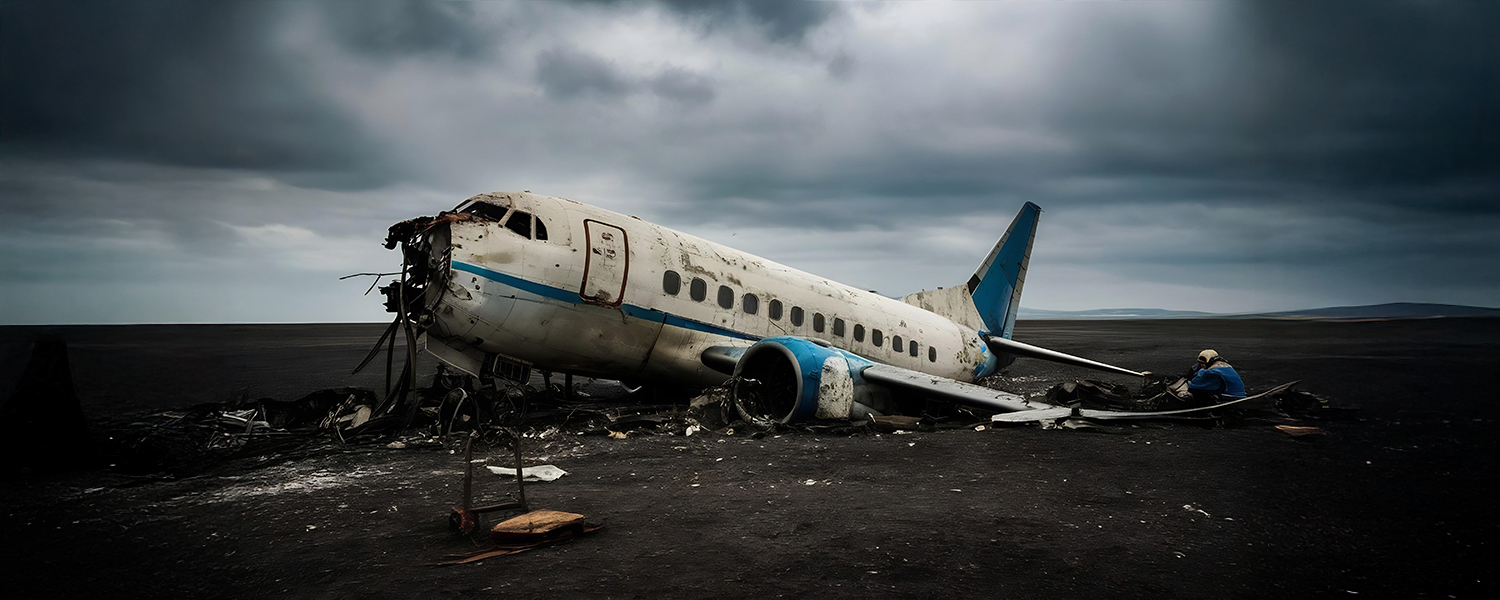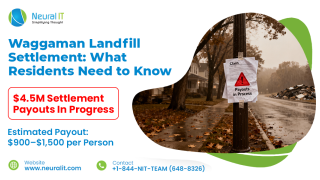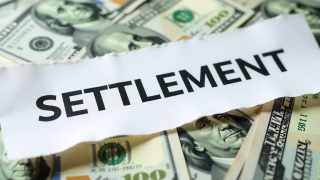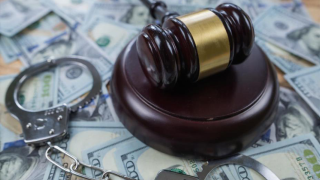Boeing, DOJ Settle to Avoid 737 Max Crash Prosecution
Boeing, DOJ Settle to Avoid 737 Max Crash Prosecution

Introduction
The U.S. Department of Justice (DOJ) has reached a new agreement with Boeing that would allow the aerospace giant to avoid criminal prosecution related to two deadly crashes involving its 737 Max aircraft.
The crashes, which occurred in 2018 and 2019, resulted in the deaths of 346 people and led to global scrutiny of Boeing’s safety practices.
Non-Prosecution Agreement Averts Trial
Under the terms of the proposed non-prosecution agreement, Boeing would sidestep a criminal trial, sparing the company from being officially labeled a felon. This development comes despite calls from the families of crash victims, who have long pushed for Boeing to be held criminally accountable. The DOJ, however, emphasized that the agreement ensures significant accountability and benefits without the unpredictability of a trial.
DOJ’s Rationale and Timeline
The Justice Department stated in a court filing that the agreement is a “fair and just resolution that serves the public interest.” The deal is expected to be finalized by the end of next week, with the DOJ planning to file a motion to dismiss the case once the agreement is complete.
Financial Commitments and Compliance Investments
As part of the agreement, Boeing will be required to pay or invest more than $1.1 billion. This includes a criminal fine of $487.2 million, though $243.6 million previously paid under a 2021 deal will be credited toward that amount. Additionally, the agreement outlines the creation of a $444.5 million fund for crash victims and earmarks another $445 million to enhance compliance, safety, and quality measures within the company.
Boeing Remains Silent Amid Criticism
Boeing declined to comment on the proposed agreement. The company has spent years attempting to move past the fallout from the crashes of its best-selling 737 Max aircraft. The tragedies involved a Lion Air flight in October 2018 and an Ethiopian Airlines flight less than five months later, prompting a nearly two-year global grounding of the Max fleet.
Victims’ Families Condemn the Deal
While the DOJ said that over 110 victims’ relatives support or generally accept the decision to avoid trial, other families remain staunchly opposed. Their legal representatives sharply criticized the agreement, labeling it an unprecedented and unjust resolution for what they describe as the deadliest corporate crime in U.S. history. “My families will object and hope to convince the court to reject it,” said the victims’ lawyer in response to the court filing.
Previous 2021 Settlement Under Scrutiny
This isn’t the first time Boeing has entered into a major settlement over the crashes. In January 2021, during the final days of the Trump administration, Boeing reached a $2.51 billion settlement that included a $243.6 million criminal penalty, $500 million for the families of crash victims, and $1.77 billion to compensate airline customers. That agreement also protected Boeing from prosecution for three years—an arrangement the DOJ now says Boeing violated.
Breach of 2021 Agreement Following Alaska Airlines Incident
Just two days before the 2021 deferred prosecution agreement was set to expire, a major incident occurred: a door panel on a new 737 Max 9 operated by Alaska Airlines detached mid-flight. Investigations revealed the aircraft had left the factory without essential bolts. This incident renewed scrutiny of Boeing’s quality control and compliance systems.
DOJ Accuses Boeing of Violating Settlement Terms
In the wake of the Alaska Airlines incident, prosecutors concluded that Boeing failed to uphold the terms of the 2021 deal. Specifically, the company was accused of not implementing an effective compliance and ethics program to detect violations of U.S. fraud laws, a key requirement of the deferred prosecution agreement.
Attempted Plea Deal Rejected in 2024
Last year, under the Biden administration, Boeing agreed to plead guilty to a criminal fraud charge in a new settlement. However, a federal judge ultimately rejected the plea deal over concerns about how a corporate monitor would be selected, particularly in relation to diversity, equity, and inclusion (DEI) criteria. The plea would have carried a fine of up to $487.2 million, with the DOJ recommending Boeing be credited for half the amount already paid under the previous agreement.
Allegations of Corporate Deception
The DOJ originally charged Boeing with conspiracy to defraud the government, accusing employees of misleading the Federal Aviation Administration (FAA) about the flight-control system known as MCAS, which was later implicated in both crashes. In the 2021 agreement, the DOJ noted that Boeing employees “chose the path of profit over candor” by deliberately concealing crucial information from regulators.
Evidence of Internal Misconduct
Documents obtained during the investigation showed troubling internal communications. In one exchange, Boeing’s former chief technical pilot—who was later acquitted of fraud—advised the FAA to exclude MCAS from flight manuals. In another email, he boasted about “jedi-mind tricking” regulators to approve Boeing’s pilot training materials.
Continued Backlash from Families and Advocates
The families of crash victims and their attorneys have continued to express outrage over what they perceive as lenient treatment of Boeing. They argue that the company should face full prosecution and that its executives must be held personally accountable. The fact that Boeing is simultaneously winning major government contracts, including for military jets and new presidential aircraft, has further fueled their anger.
A Precedent for Corporate Accountability?
The new agreement reignites the broader debate over corporate accountability in the U.S., especially in cases involving loss of life. Critics argue that allowing Boeing to avoid prosecution sends a dangerous message to other large corporations, effectively suggesting that financial settlements can substitute for genuine legal consequences.




